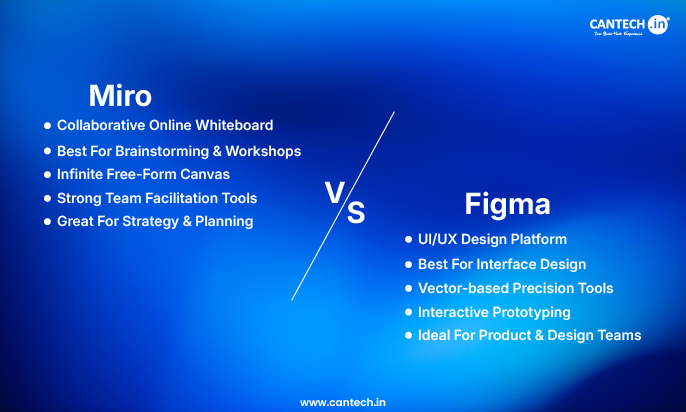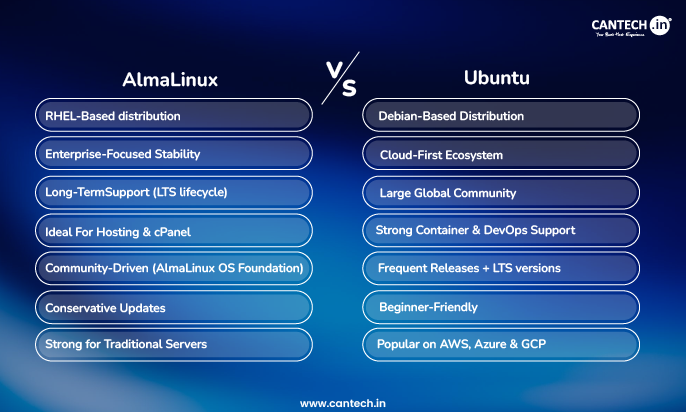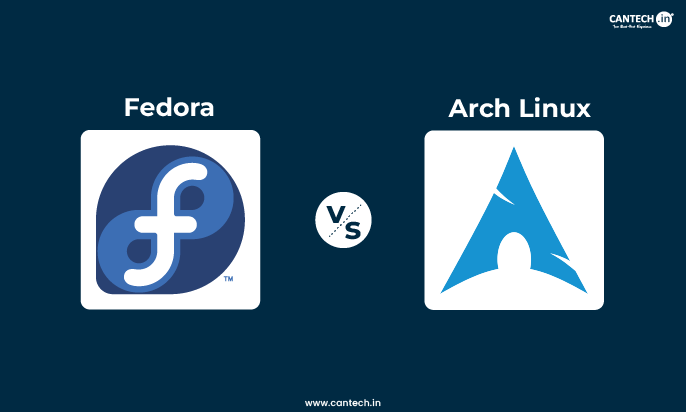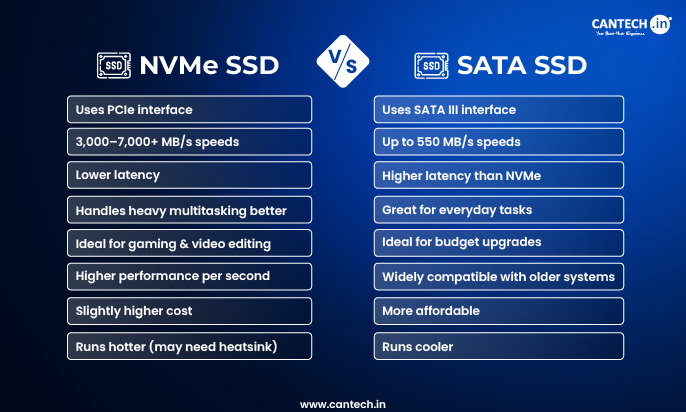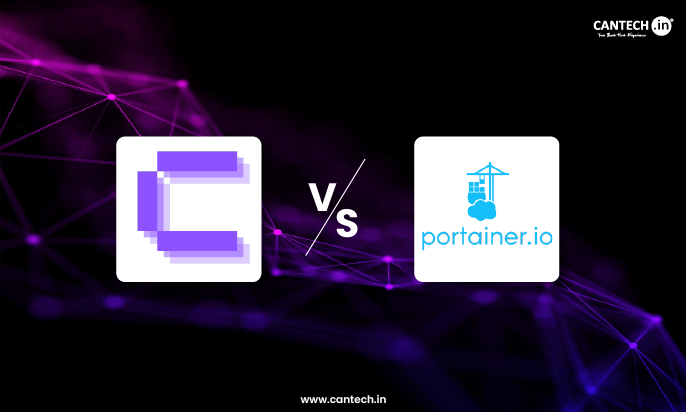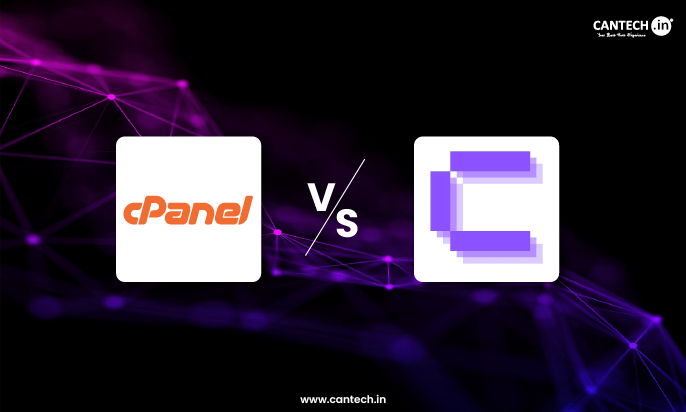Introduction
Choosing the right PHP framework is about coding for many, but more than that, it is about how your project grows, how easy it is to maintain, and how confident your team feels while working with it.
This blog focuses on CodeIgniter vs Laravel. The choice between the two will affect your budget, your deadlines, and your future development experience.
Well, they both are powerful, but they work differently. Their features, their flexibility, their way of handling backend logic, everything is different. That’s why a simple head-to-head comparison is not enough.
You need to understand both Laravel and CodeIgniter frameworks deeply. Then only you can decide what suits your team and your project.
Unlike most comparisons, this guide includes real-world use cases from startups and enterprises to show when Laravel or CodeIgniter is the smarter choice.
Let’s explore both of them with clarity, detail, and real-world relevance.
Before getting into the comparison, it is important to know what these frameworks are built for.
What is Laravel?
Laravel is one of the most popular PHP frameworks today. It was introduced by Taylor Otwell. From the start, Laravel focused on writing clean, expressive code. It tries to make web development less painful by giving you tools that are ready to use. Also, it helps you organise your code properly and guides you to follow modern web development practices.
Moreover, it comes with built-in support for routing, authentication, file storage, and even job queues. Thus, you don’t need to install different tools separately. You just use what Laravel gives and customise things as per your needs.
Key Features of Laravel:
1. Eloquent ORM
Laravel comes with Eloquent ORM, so you can interact with the database using PHP code instead of writing raw SQL. You can create, read, update, or delete data very easily.
2. Artisan CLI
Artisan is Laravel’s built-in command-line tool. It helps you automate tasks like database migrations, code scaffolding, and running scheduled jobs.
3. Blade Templating Engine
Laravel has its own templating engine called Blade. It lets you write HTML templates that are clean and reusable.
4. RESTful Controllers and Routing System
Laravel supports REST architecture. You can build APIs with a clean code structure without doing extra work.
5. Built-in Authentication and Authorisation
Laravel provides tools to handle login, registration, roles, and permissions without writing everything from scratch.
6. Testing with PHPUnit
Laravel is built for test-driven development. You can write unit tests easily using PHPUnit. It comes integrated.
7. Ecosystem of First-Party Tools
You can use Laravel Jetstream, Breeze, Nova, and Forge for things like authentication, admin dashboards, and server deployment. This makes Laravel a complete web development toolkit.
What is CodeIgniter?
CodeIgniter is a very lightweight PHP framework. It was created with one goal: to keep things simple and fast. CodeIgniter has a very low footprint, and it doesn’t force any rules on you. Well, developers like CodeIgniter because it gives more control and freedom. All in all, you write code the way you want without too many restrictions.
Further, it is best suited for developers who want to quickly build applications with minimum setup. It doesn’t come with too many built-in tools, but you can add what you need. Also, it works well for smaller projects where speed and simplicity are more important than having too many features.
Key Features of CodeIgniter:
1. Extremely Lightweight
CodeIgniter uses very little memory and resources. That makes it faster on small servers or shared hosting.
2. Minimal Configuration Needed
You can get started with CodeIgniter very quickly. You just unzip the framework and start coding.
3. Easy to Learn for Beginners
CodeIgniter has a simple folder structure. New developers understand it faster compared to larger frameworks.
4. Flexible Architecture
It does not force MVC (Model-View-Controller) strictly. You can write your code however you prefer and still make it work.
5. Built-in Libraries and Helpers
CodeIgniter includes libraries for email, sessions, file uploads, and more. You can load them only when needed.
6. Clean URL Routing
CodeIgniter supports SEO-friendly URLs and custom routing rules.
7. Error Handling and Logging
You can debug issues easily with CodeIgniter’s built-in error messages and logging support.
CodeIgniter vs Laravel Comparison
Here is a detailed table that breaks down the core difference between Laravel and CodeIgniter:
| Feature | Laravel | CodeIgniter |
| Architecture | Strict MVC | Flexible MVC |
| Learning Curve | Requires understanding advanced concepts | Beginner-friendly |
| Performance | Heavier, slower for small apps | Fast, low memory usage |
| Built-in Features | Rich: Queue, Events, Broadcasting, etc. | Limited, requires manual integration |
| Template Engine | Blade | Simple PHP-based templates |
| ORM | Eloquent ORM | No built-in ORM |
| Routing | Easy, expressive | Basic, less flexible |
| Testing | Built-in support | Minimal support |
| Security | Strong, CSRF, XSS, Encryption, etc. | Basic, developer must handle more |
| Community Support | Large, active, modern solutions | Decent, but smaller and older crowd |
CodeIgniter vs Laravel Detailed Comparison
1. Project Size Handling
Laravel has advanced tools for microservices, APIs, and enterprise apps. Also, it gives you better control over scaling. You can separate logic, break your code into modules, and use background workers.
On the other hand, CodeIgniter is better when your application is small to medium in size. It runs smoothly even with shared hosting. But when the project becomes large, managing code becomes harder due to a lack of structure.
2. Developer Experience
Developers feel more productive in Laravel because everything is standardised. It gives ready-made solutions for everything from database migrations to API authentication, etc. Laravel’s structure helps keep the code clean.
In CodeIgniter, developers have to write more custom code. That gives flexibility, but it also increases the chances of inconsistency and bugs.
3. Performance on Server
CodeIgniter has a faster execution speed. It loads fewer files and runs quickly on basic servers.
Whereas Laravel takes more time because of its features and dependencies. But you can optimise Laravel using caching, database tuning, and job queues. That makes the speed difference less important for most projects.
4. Security Measures
Laravel has built-in protection for common threats like SQL injection, CSRF, and XSS. It uses hashed passwords, token-based authentication, and input validation as standard.
Moreover, CodeIgniter has basic security features, but not as many out of the box. You need to handle many things manually. However, you can still make it secure.
5. Community and Ecosystem
Laravel has a large community with tons of packages, plugins, and tutorials. You get faster answers to problems. You can find free and paid tools for almost every task.
In contrast, the CodeIgniter community is active but smaller. Fewer people contribute to plugins or updates. That makes it slower when you are looking for help or extensions.
CodeIgniter vs Laravel- Which One Should You Choose?
Let’s look at where each framework fits best.
Laravel Uses:
Enterprise Applications: Laravel supports large-scale logic and features with built-in tools.
Multi-user Admin Panels: Its RBAC and authentication systems make it perfect for this.
API-based Applications: Laravel’s resource controllers and Passport package support powerful RESTful APIs.
eCommerce Sites: With security and extendable libraries, it is a stable choice for shopping apps.
Projects with Tight Deadlines: Built-in tools like migrations, factories, and seeding help speed up development.
CodeIgniter Uses:
Simple Web Portals: Fast and lightweight for news websites, blogs, etc.
Low Server Resource Projects: It runs well even on shared hosting.
First PHP Projects for Beginners: Easy to learn, and helps understand PHP better.
Legacy System Upgrades: Can easily integrate with existing PHP code.
Quick MVPs: Best when you want to test your idea fast.
Hosting Laravel and CodeIgniter Projects on Cantech
Cantech offers a range of hosting solutions, including PHP hosting for your CodeIgniter or Laravel applications. Laravel applications often require a hosting environment that supports Composer, SSH access, and PHP 8 or higher.
Cantech’s web hosting plans are flexible and offer a 99.97% uptime guarantee. For Laravel hosting, check out the following features –
- Ensures compatibility with the latest Laravel versions.
- Facilitates the use of Artisan commands and Composer.
- SSD Storage enhances application performance.
- cPanel Control Panel simplifies server management.
- Free SSL Certificates secure your application.
Conclusion
This comparison of CodeIgniter vs Laravel gives a comprehensive understanding. Choose Laravel if you are building a long-term product that needs features, security, and flexibility. On the other hand, CodeIgniter is the right choice if you have a small team and need to launch fast. It is simple, fast, and works well even on small hosting plans.
Looking for reliable and affordable hosting for your Laravel or CodeIgniter project? Try Cantech and get performance and the best support.
FAQs
Which is faster: Laravel or CodeIgniter?
CodeIgniter is generally faster than Laravel when it comes to raw performance and lightweight operations. Its smaller footprint and minimal overhead make it more suitable for applications that need quick execution on limited server resources. Laravel, on the other hand, offers richer features, advanced tooling, and better scalability-but this comes with slightly higher memory usage and slower response times compared to CodeIgniter.
Which is better for small projects: Laravel or CodeIgniter?
For small projects, CodeIgniter is usually the better choice. It’s lightweight, requires minimal configuration, and runs smoothly even on shared hosting. Developers can get applications up and running quickly without worrying about complex setup or high server costs.
Laravel, while feature-rich and powerful, may feel like overkill for small apps. Its advanced tools and ecosystem shine in medium to large-scale projects but can add unnecessary complexity for simple websites or lightweight applications.
Is CodeIgniter better than Laravel?
It depends on your project requirements. CodeIgniter is lightweight and easier for beginners. Whereas Laravel offers more features and is better suited for complex applications.
Is CodeIgniter outdated?
No, CodeIgniter is still maintained and used for projects that require a simple and fast framework.
Which PHP framework is fastest?
CodeIgniter is known for its speed due to its lightweight structure.
Which framework is better than Laravel?
“Better” is subjective; frameworks like Symfony offer more flexibility, but Laravel is preferred for its simplicity and rich features.
Which framework is fastest?
Among PHP frameworks, CodeIgniter is often considered the fastest due to its minimalistic approach.
Is Laravel a frontend or backend?
Laravel is a backend framework, but it can be integrated with frontend technologies like Vue.js or React.

